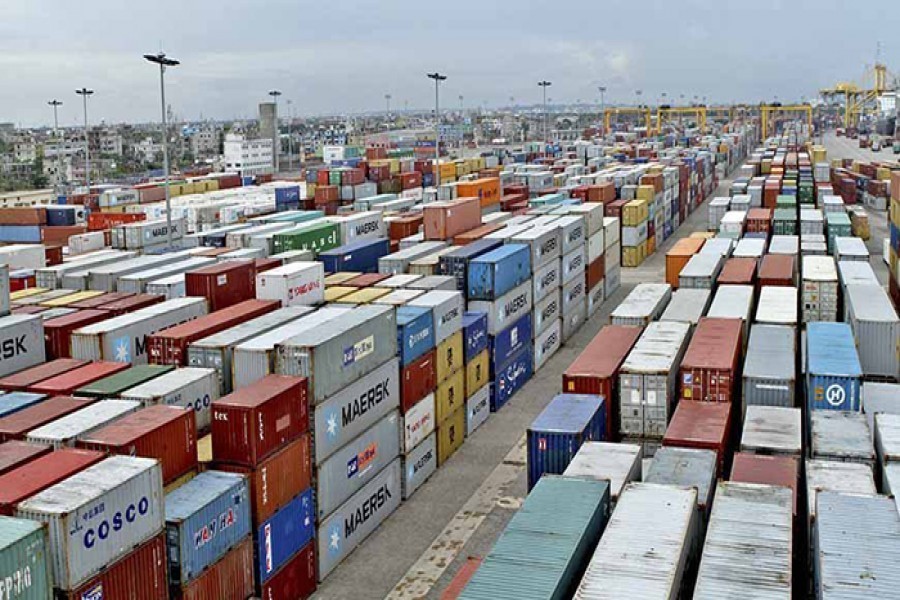Bangladesh will keep continuation of the Duty Free and Quota Free (DFQF) market-access facility even after graduation from poor countries' club on top of the agenda in the first meeting of the Joint Working Group (JWG) on Trade and Investment with Australia, scheduled for this month.
The JWG meeting is being held under the purview of Trade and Investment Framework Arrangement (TIFA) between the two countries, officials said.
Ministry of Commerce (MoC) Senior Secretary Tapan Kanti Ghosh is likely to lead the Bangladesh delegation, which comprises some senior officials of the ministry.
Being a member of the group of the least developed countries (LDCs), Bangladeshi products have been enjoying the DFQF facility in Australian market since July 2003.
Without any free trade agreement, Bangladesh's trade with Australia has increased nearly five times in last ten years, due to the DFQF facility - offered by Canberra.
In fiscal year 2019-20, Bangladesh exported goods worth US$762.9 million to Australia, while import from there valued $695.7 million.
Bangladesh will enjoy various trade preferences, including the DFQF facility in Australia, until 2026, when it will officially become a developing country. Dhaka wants Canberra to continue the DFQF facility even after the graduation.
Director General of WTO Cell in MoC Hafizur Rahman told the FE on Monday that in the meeting Bangladesh will seek the DFQF facility until 2032 - as per the plea, submitted to the World Trade Organisation (WTO) by the graduating LDCs.
"Tariff for the LDCs in Australian market is zero. But we will seek relaxation of various non-tariff barriers, like - high compliance requirement for our products."
Raising Australian investment in Bangladesh will also get priority in the meeting, he added.
Officials said in the JWG meet Bangladesh will also initiate talks for signing a bilateral investment treaty, focusing investment protection, to attract more investment from the Oceanian nation.
Bangladesh is yet to bag significant Australian investment, especially in the form of foreign direct investment (FDI). Thus, a bilateral investment treaty may encourage Australian entrepreneurs to make investment in Bangladesh, noted a letter of Md Saifullah, Bangladesh's commercial councillor in Australia.
Dhaka will also discuss about promotion of Bangladesh's green garment products through networking and linking stakeholders.
The priority list will also include consideration of the Australian government to provide mandate to specific entities to conduct government to government (G2G) business with Bangladesh for essential goods, like - coal, liquefied natural gas, fertiliser, oil, and wheat.
Dhaka will focus on exchange of visits from relevant private sector businesses in different areas - both agriculture and non-agriculture, and seek technological support for cold chain management and registration support for exporting mango, among others.
Australia, on the other hand, prioritises export of cotton and partnership to enter wool-based business as well as cooperation in energy sector through exporting coal, LNG and natural resources.
Devising a bilateral mechanism to promote defence sales is also in the Australian importance list, and Canberra has already expressed keenness on defence and economic cooperation.
Australia also wants to welcome more Bangladeshi students in its educational institutes, as mentioned in the meeting agenda.


